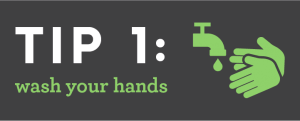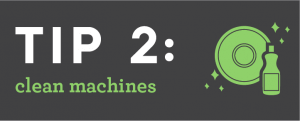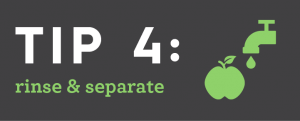We’re a company that takes pride in our work and the consistently high standard we deliver can only be achieved through the efforts of our staff. Each member of Cater Care’s catering team is highly trained in the safe handling, preparation and delivery of food, as demonstrated by our Food and Safety Management System ISO 22000:2018.
As a result of the COVID-19 pandemic, food businesses were tasked with implementing Government initiated, site-specific infection control requirements. The Cater Care food safety program required no change as it already meets or exceeds these controls. Hygiene and sanitation practices required of both the facility and our staff underpin our daily routine when producing food. Our staff were already well-practised in food safety and seamlessly incorporated the extra personal hygiene and infection controls required by either the client or the Government. Site responses to COVID-19 were well executed.
Since we’re focussed on food safety 365 days a year, we’re sometimes surprised when a friend or family member doesn’t know something about food safety that we think is fundamental. Although COVID-19 can not be transmitted through food, there are other foodborne illnesses that can have dire consequences, which is why our Food Safety expert John Fallon, wanted to share some of his knowledge with you.
 |
Disposable gloves provide great protection for us in the kitchen, but if you don’t have access to gloves, make sure you thoroughly wash your hands before you cook. Also wash between touching raw meat and other foods. If you’re not sure if you should wash your hands, wash them. You’re better off keeping things as clean as possible than risking contamination. |
|
 |
It may seem obvious to some people, but to others not so much. Clean everything – your work surfaces, appliances, utensils – before use. Wash your surfaces with hot, soapy water; for extra sanitisation you can mix 1tbsp unscented, liquid chlorine bleach into 4 ½ litres of water and wipe down surfaces with it. Antibacterial kitchen wipes can be an easy way to stay on top of bench cleanliness at home. Utensils, cutting boards, crockery and appliances need to be cleaned inside and out after every use. |
|
 |
Raw seafood, meat and poultry should be separated into their own plastic containers. They should be stored in a lower area of the fridge where they won’t accidentally drip onto other foods below. Ready to eat foods should go on the top shelves of the fridge. Eggs and milk next with meat lower again. The fruits and veggies that need refrigeration go in the veggie drawers. Place condiments in the fridge doors. Note the date things go into the fridge and familiarise yourself with how long they safely will last in there, for example most raw meats are good for only three days. |
|
 |
When making a meal, be sure to thoroughly clean your fruits and vegetables before prepping, even if you intend on peeling them. Cross contamination can occur during peeling, so you need to start with a clean product. Never wash your meat, especially chicken. Always use separate cutting boards and utensils for meats and fresh produce. Don’t put cooked food onto a cutting board you used during prep unless it has been completely washed and dried first. |
|
 |
Not only is it important to store food at the right temperature, knowing the right temperature for cooked food can save you from illness. Good food thermometers are not very costly, and they are well worth having on hand. Any meat should be rested for at least 3 minutes before cutting and eating. |
Following these food safety tips in your own kitchen will see you enjoying healthier, safer meals each and every day.